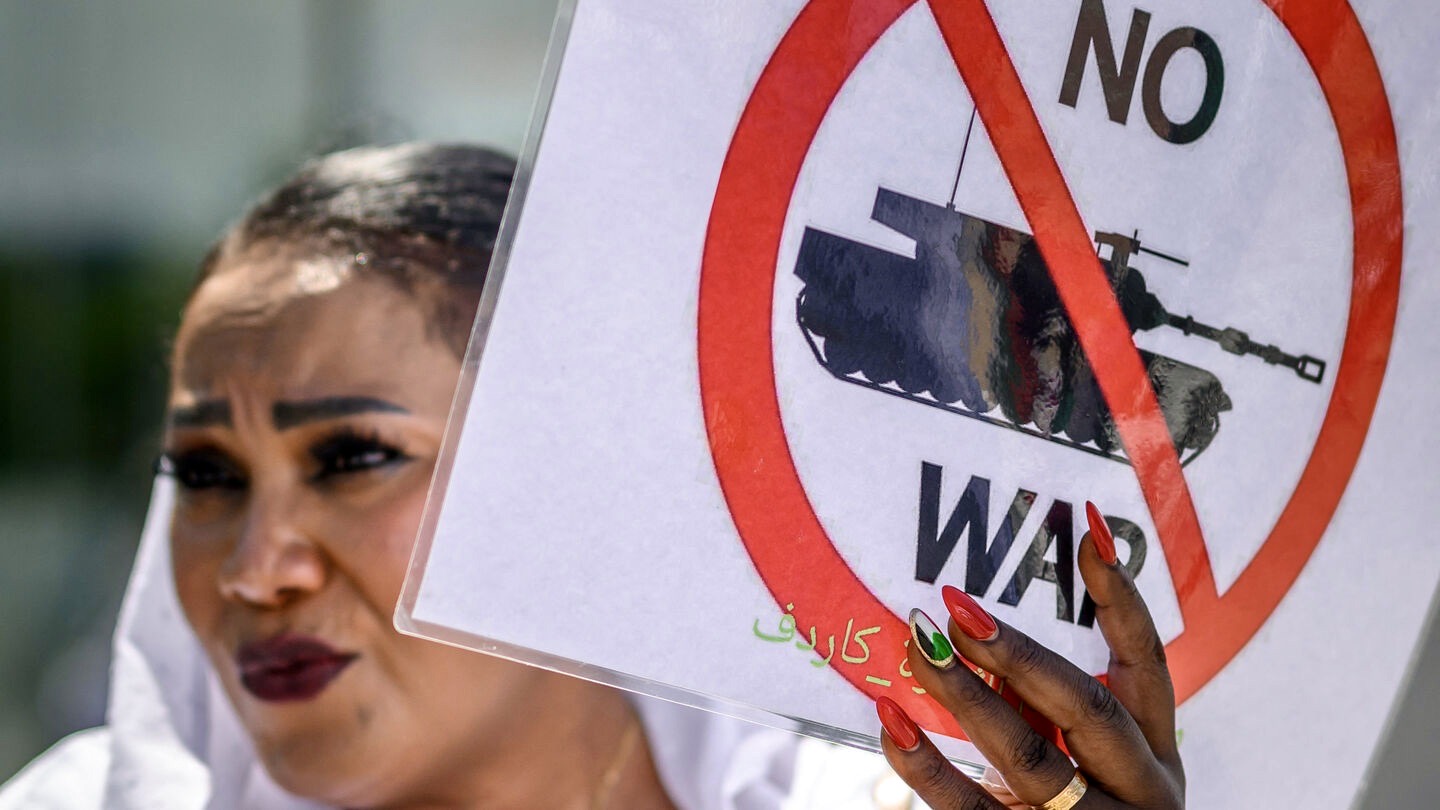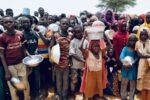The army’s absence jeopardises the outcome of Geneva talks
16 August 2024
On Friday, American mediators gave the Sudanese Armed Forces a deadline to participate in this new round of negotiations. They have yet to comply. Another failure could have disastrous political and humanitarian consequences for the Sudanese people.
“It’s like organising a wedding without the bride and groom,” jokes Dallia Abdelmoniem, an analyst at the Fikra for Studies and Development think tank. There is no reason to celebrate the 16 months of war between the Sudanese Armed Forces (SAF) and the Rapid Support Forces (RSF), which have resulted in the loss of tens of thousands of lives and the displacement of over 10 million people. However, the metaphor fits, as the Geneva talks intended to renew dialogue between the Sudanese Armed Forces (SAF) and the Rapid Support Forces (RSF) were inaugurated on Wednesday, August 14, without their presence.
While the RSF delegation travelled to the location, they chose not to participate in the session organised by the United States in partnership with the Swiss and Saudi governments. Mohamed el-Mokhtar, the RSF’s legal advisor, who is part of the delegation, told Ayin that he had met with American mediators twice in mid August. Meanwhile, the SAF have ignored the three-day deadline given to them to join the negotiations, which have been frozen since early December 2023 after the suspension of the Jeddah process.
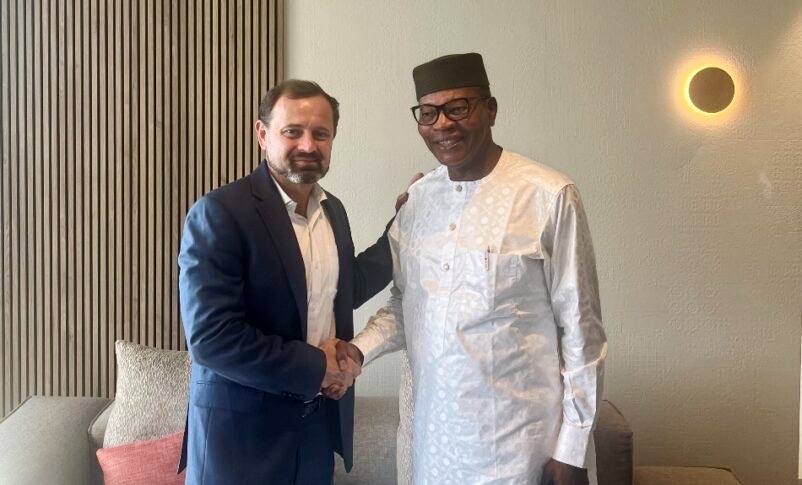
Barring a last-minute reversal, another failure looms. The United States, led by Special Envoy for Sudan Tom Perriello, has consequently had to lower its ambitions. Instead of paving the way for a truce and a potential meeting between the two former allies-turned-enemies, army leader General Abdel Fattah al-Burhan and RSF commander General Mohamed Hamdan Dagalo, aka “Hemedti,” the focus is now on sketching out a roadmap with other international participants, according to an American diplomatic source.
Egypt, the United Arab Emirates, the African Union, and the UN have been invited as observers. Perriello is also expected to continue holding separate discussions with both the SAF and RSF factions. Despite this laborious start, the Geneva summit, which is set to end on August 24, could still achieve some progress in addressing a conflict that continues to escalate and has already caused the world’s most severe humanitarian crisis.
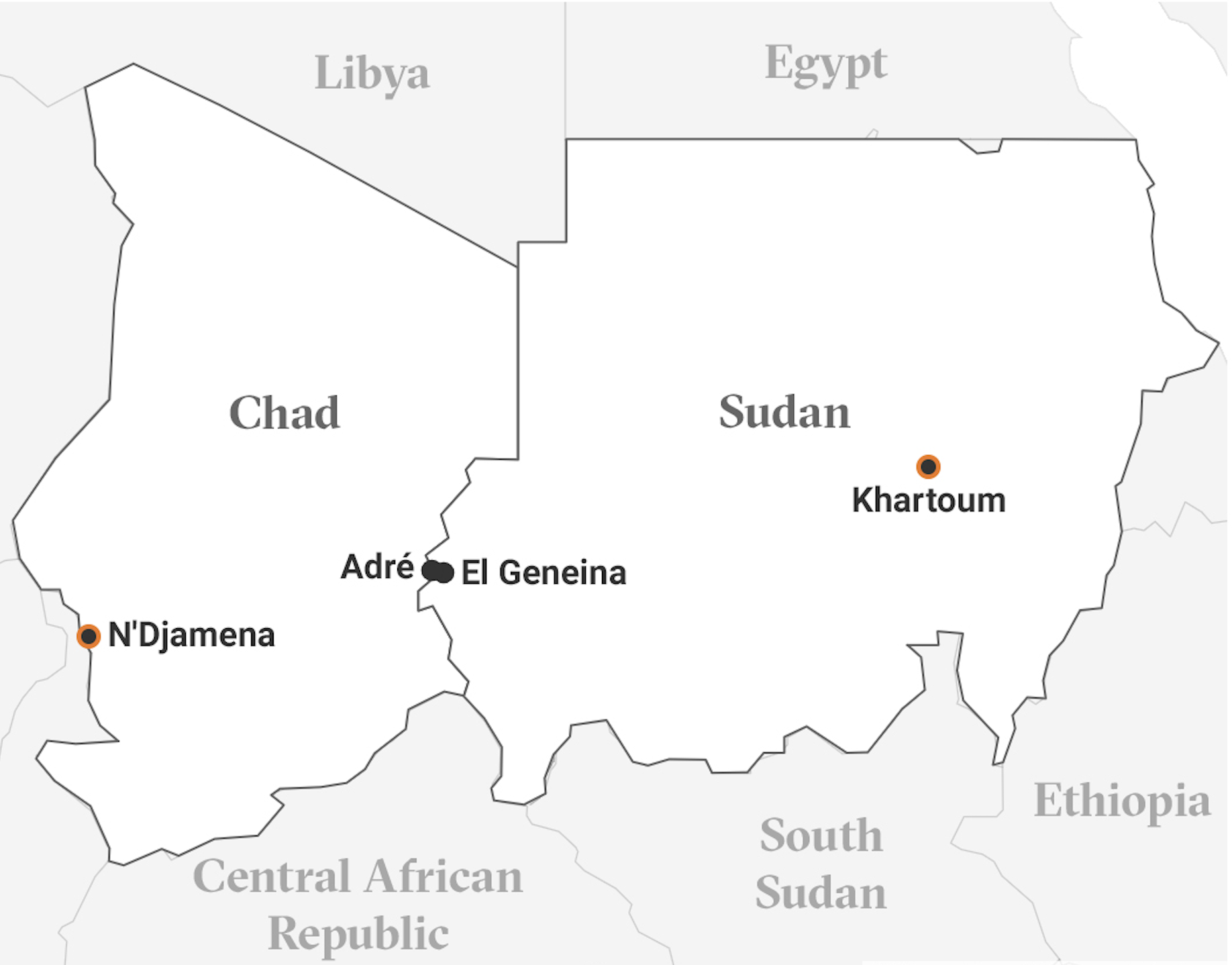
The army announces the opening of the Adré border
“We are working to ensure that the parties respect their commitments made in Jeddah and implement them. The warring parties must respect international humanitarian law and allow humanitarian assistance,” Perriello wrote on X (formerly Twitter) last Wednesday. As early as May 11, 2023—less than a month after the outbreak of hostilities—the two sides signed a declaration in Jeddah aimed at protecting civilians. The SAF is currently using this agreement, which has remained a dead letter, to avoid engaging with the RSF until they leave the homes they have been occupying since the start of the war.
“The RSF could vacate 5 to 10% of the buildings they occupy to show good faith,” suggests a diplomatic source, well aware that the complete liberation of homes and establishments seized by Hemeti’s men will take time. Meanwhile, the military, on the second day of the launch of the Swiss talks, conceded to act in favour of another provision listed in the Jeddah declaration: facilitating the passage of humanitarian personnel by all available routes.
The Sovereign Council, under the army’s de facto government, announced the opening of the Chadian border post at Adré for three months, which could facilitate support to the residents of Darfur, where famine threatens several areas. This tragic milestone has been reached in the Zamzam displacement camp in North Darfur. A phone call between General Burhan and US Secretary of State Antony Blinken urging the army chief to send a delegation to Switzerland had an impact on the SAF’s decision.
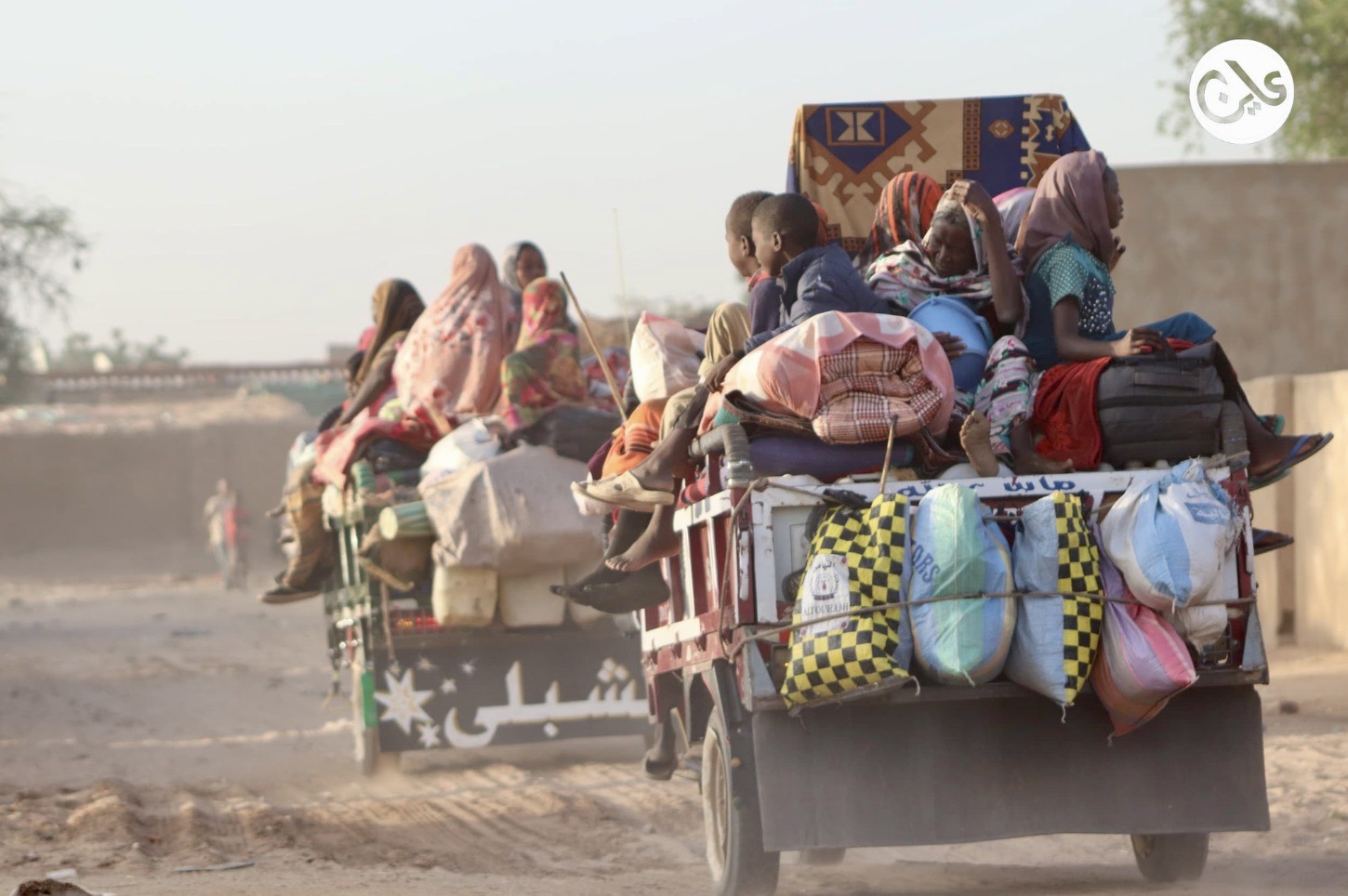
Both camps continue to ignore the humanitarian catastrophe
“The United States is using a strategy of political strangulation against the SAF by treating the Jeddah declaration as the guiding principle of the Geneva meeting,” says a source involved in the political process trying to end the conflict. In the absence of the army, however, the talks are expected to fail in achieving a ceasefire, leaving civilians to their fate. “Each additional day that the conflict continues has a huge impact,” said Alsanosi Adam, who coordinates external communication for the Emergency Response Rooms, a network of volunteers helping residents trapped by the fighting. “This war must end so that we can address the famine,” he added.
But neither faction seems ready to lay down their arms. “The humanitarian situation has never been a priority for either side, and nothing will change in this regard,” warns Dallia Abdelmoniem. According to Abdelmoneim, the army takes its lead from the former regime under dictator Omar al-Bashir, ousted by the December 2018 revolution.
“This war is not just an internal power struggle or a simple proxy war between regional powers. It is a multidimensional counter-revolutionary war directly supported by internal and external actors,” confirms Hamid Khalafallah. “Therefore, all international actors must use this understanding as the starting point for their mediation initiatives,” recommends the researcher and political analyst in an article published by The Tahir Institute for Middle East Policy (TIMEP).
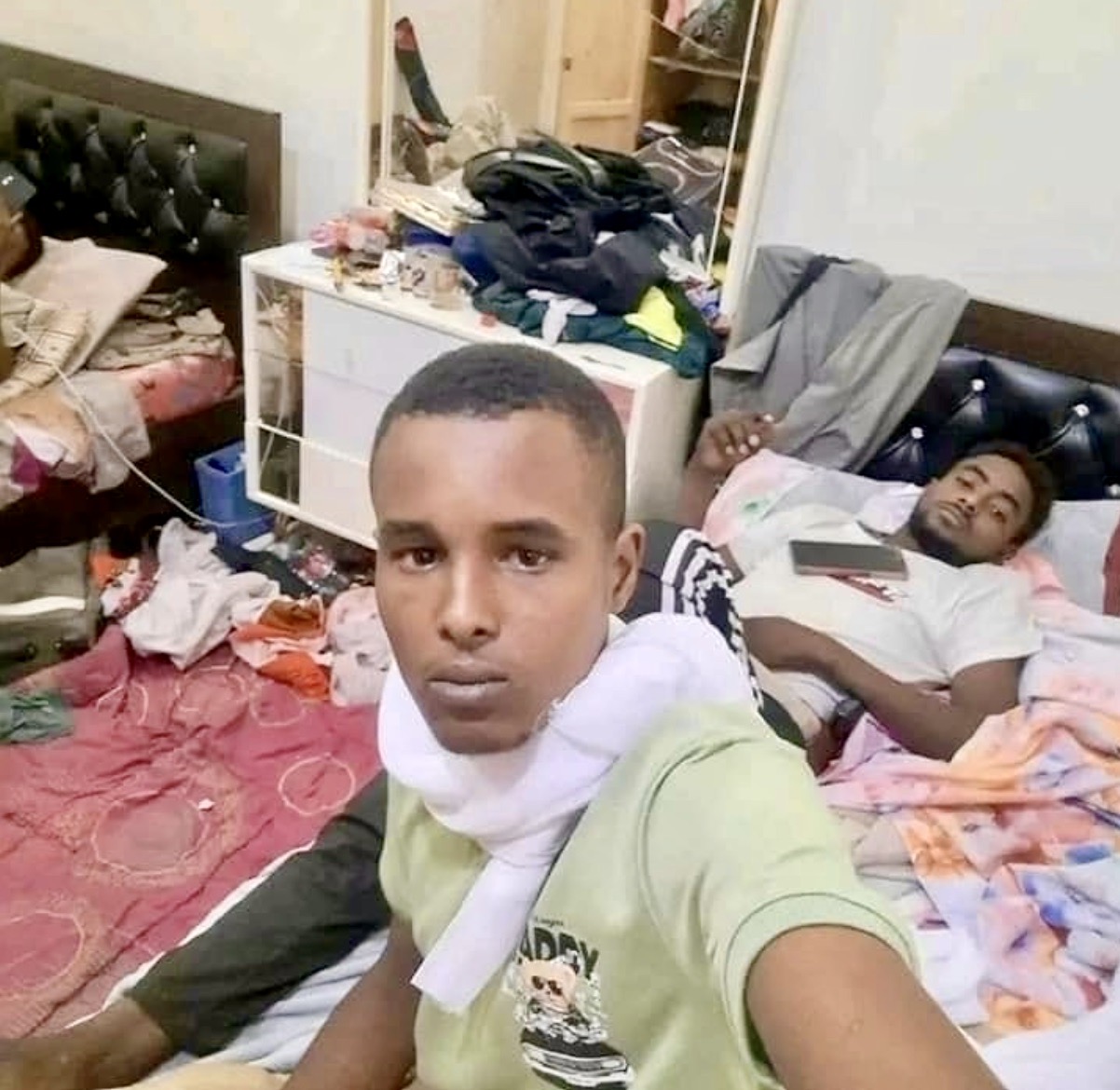
The risk of returning to square one
In addition to the end of the RSF’s occupation of residential neighbourhoods, Burhan is demanding to be recognised as the head of state. “The Americans have already addressed him as the head of the Sovereignty Council, not as the head of the SAF, in their invitation letter,” the diplomatic source clarifies. “However, they plan to address both the RSF and the SAF during the meeting. Everything now depends on how willing the United States is to publicly recognise the Port Sudan government.” Burhan had already been invited to represent Sudan at the United Nations General Assembly in September 2023, even though he has been managing only an interim government since the 2021 coup.
The absence of his delegation in Geneva, however, threatens the mediators’ efforts. “The US envoy wants to move quickly because he hopes to find a solution before the American elections, which will be held in November. But that will not be enough to bring peace to Sudan unless the different stakeholders sit at the same table,” emphasises a source involved in the political process. If this new attempt fails, there is a risk of reverting back to the initial stage of the conflict resolution process.
“And then, there will be no possible outcome until the SAF achieve their primary goal of defeating the RSF,” warns Jihad Mashamoun, an honorary Sudanese researcher at the Institute of Arab and Islamic Studies at the University of Exeter. “The humanitarian situation will worsen, and the intensity of the fighting will increase until the RSF loses. Because, although the latter appear to be winning, the central command seems to have lost control over its units.”
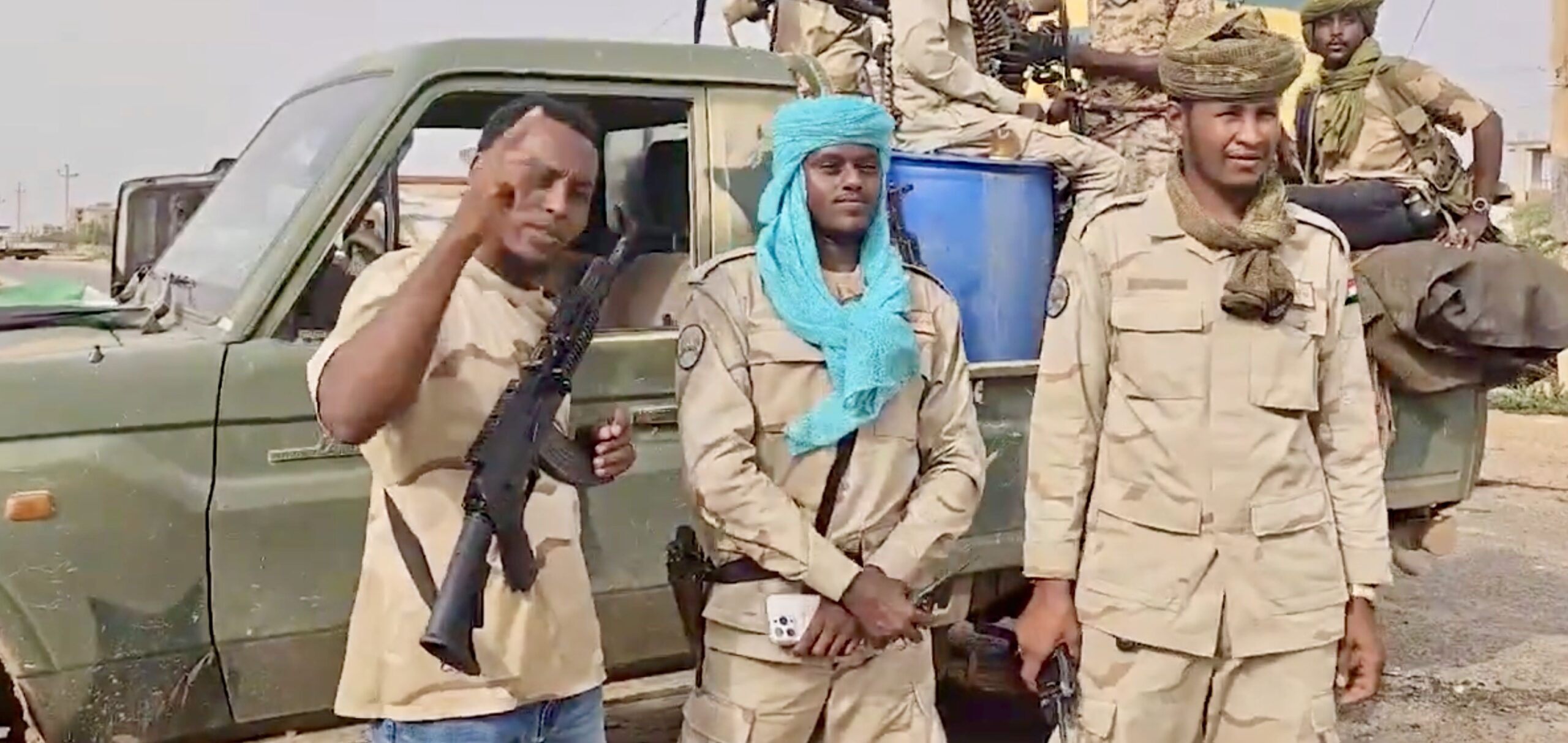
The RSF is playing a calculated game
Despite their displayed goodwill, the paramilitaries are far from working for the peace they claim to support. “The RSF are playing a calculated game. They tell Western countries that they are willing to talk peace and negotiate, while in reality, they continue their massacres and destructions. They are not viable partners for the future or the present, but they are treated as such. The needs of the population are not being considered, protected, or even addressed,” regrets Dallia Abdelmoniem, who has no illusions about this missed wedding.
During a meeting with mediators organised in Saudi Arabia on the eve of the talks, the SAF generals, represented by Mineral Minister Mohamed Bashir Abunamu, added an additional condition. They wanted to exclude the United Arab Emirates, accused of supplying the RSF with military equipment, without dismissing Egypt, whose support for the regular troops is hardly in doubt. According to Hamid Khalafallah, the presence of Abu Dhabi and Cairo could instead put pressure on both camps. The researcher concludes: “The failure of the Geneva peace talks would worsen the situation, leading to increased chaos in Sudan with severe humanitarian consequences that the population cannot bear.”
Former diplomatic chief fears the signing of a bilateral agreement
Former head of diplomatic policy Osama al-Tayeb is concerned about the possibility of a bilateral agreement exclusively involving the RSF at the conclusion of the Swiss session. “Such an agreement would imply the recognition of the paramilitary authority in the areas they control,” Tayeb explains. “This would contribute to the establishment of two separate governments in Sudan, leading to further complications.”


